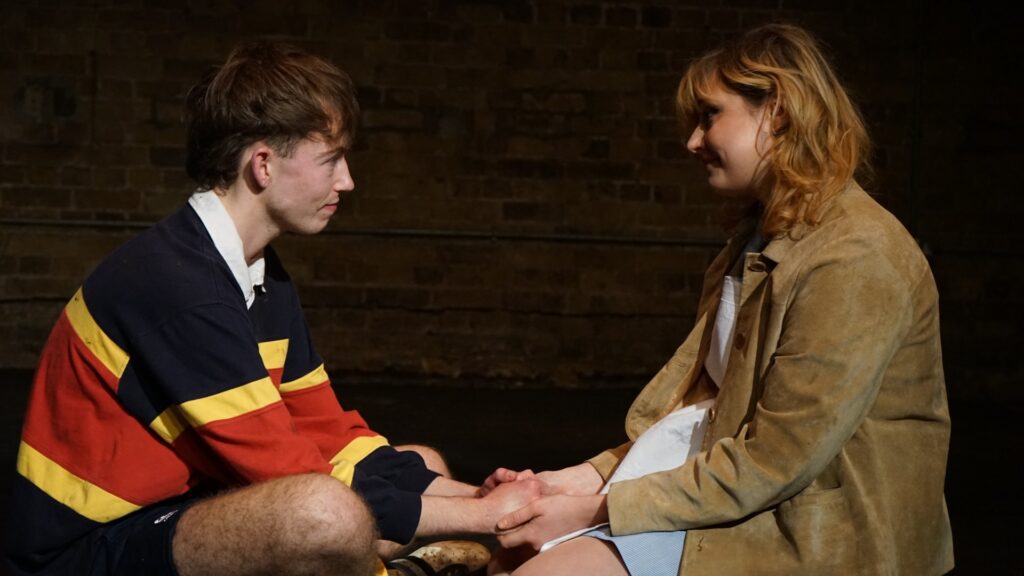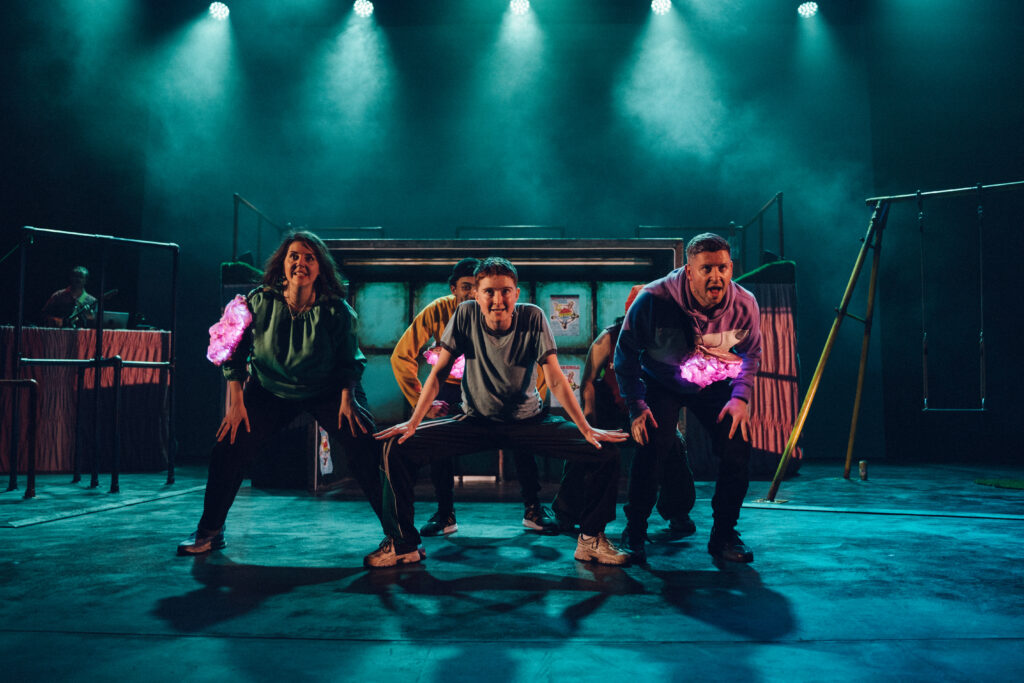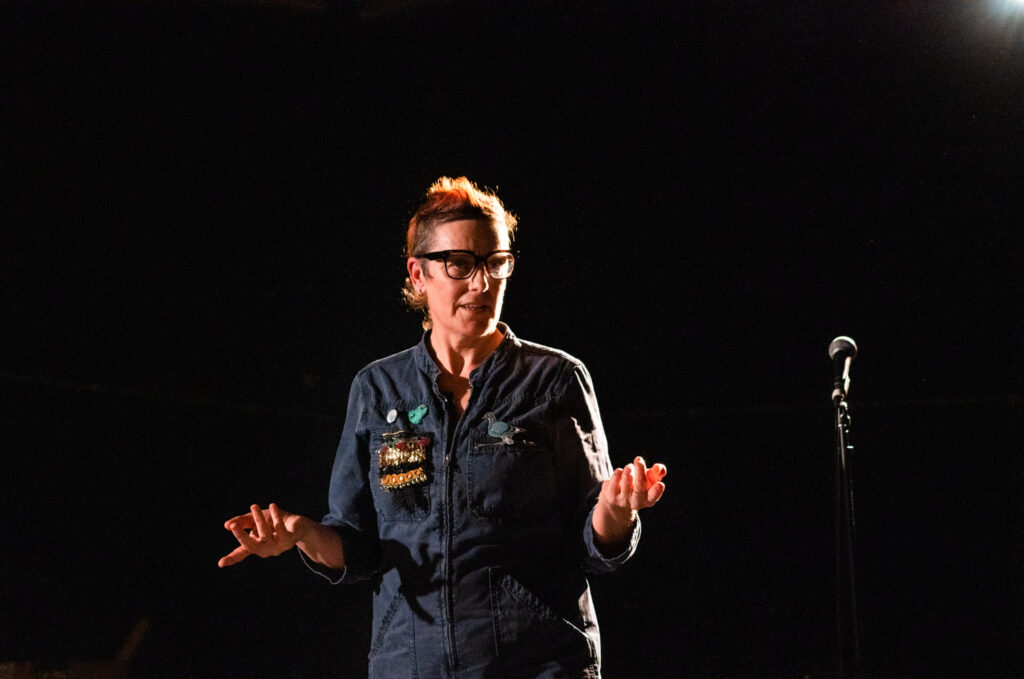David Williams says a television study of two Welsh-speaking families has exposed serious obstacles on the path to a bilingual Wales
A journalist and broadcaster working in the English language in Wales faces few more daunting experiences than being commissioned to write and present a television programme on the Welsh language – in English.
Everyone, it seems, has an opinion on the subject but when they air their views the hearer is usually no wiser and in any case unlikely to be willing to listen to anything which challenges their own preconceived ideas.
What is it about a language which so inflames the senses and causes such deep feelings of resentment and loyalty? Over the centuries the arguments have raged and subsided and now seems as good a time as any to take stock.
The days of the Welsh Not – when teachers would try and kill off the language by hanging a piece of wood around the neck of pupils who spoke Welsh – have long gone and a new spirit of understanding and tolerance, reinforced by a very different approach to education and the language has replaced it.
But is it working or has the old Welsh Not been replaced by a very different, more subtle, and almost invisible Knot – the knot of complexity and argument which still surrounds the Welsh language and never seems to go away?
In an attempt to unravel the knot and see for ourselves whether the new enlightened approach to education and language is working we arranged to spend a week with two very different families from two very different parts of Wales.
There was the Lewis family from Pontardawe: Mum is from London; Dad a Welshman who does not speak Welsh; and their children, 16 year old Bethany – one half of the focus of our programme – and little brother Rhys. We chose the Lewis family because they are typical of so many parents in Wales today, who, irrespective of their own linguistic background, choose to send their children to be educated in Welsh medium schools. Why do they do this when they cannot understand what their children are saying?
We wanted to contrast our family from an anglicised area of south Wales with one from the Welsh heartland of north Wales – the Muse family from Carmel in the hills above Caernarfon.
Dad is a university lecturer. An American who learnt Welsh, he decided to speak nothing but that language to his children. There’s mum, a Welsh teacher, and their three children. The eldest is 17 year old Grug, the other half of the focus of our attention.
The combination and contrast between our two families makes for a unique experiment. During the programme we introduce the two girls to one other and see what happens when Bethany, who speaks Welsh only at school, is introduced to Grug’s Wales where Welsh is the everyday language. The result is a close-up of two worlds colliding.
In an attempt to see whether our intimate portrait of the two families – they let us into their homes, their children’s schools and their social lives – reflected a bigger linguistic picture we commissioned a survey especially for the programme. It is one of the biggest of its kind involving 1,000 children in ten schools – five in the North and five in south Wales. The results are an important snapshot of today’s teenage attitudes to the Welsh language.
Overall, there is general recognition of the importance and worth of being educated in Welsh but once they move outside the school gates the majority of children educated in Welsh prefer to use English on Facebook, in text messages or just talking to their friends.
Only in the Welsh heartlands is the reverse true with pupils there saying they prefer to use Welsh but even in those places there are those who opt for English. It is a mixed message, but we had better listen because what they’re saying may determine the fate of the Welsh language – dyfodol yr Iaith Gymraeg.
Twenty years ago an expert in the bilingual studies department at Bangor University, Professor Colin Baker, warned that education alone would not be the salvation of the language. Since then the numbers attending Welsh schools have exploded but our survey results and our real-life experiences with our two families suggests nothing much has changed and that in large parts of the country the Welsh language is now imprisoned within an academic cocoon.
Dr. Gwyn Lewis, from the same educational department as Professor Baker, and one of the experts who analysed our survey, disagrees. He says attitudes have changed. I agree with him about that but is it enough?
Towards the end of the documentary and after seeing something of home and school life in north Wales, Bethany Lewis, a fluent Welsh speaker, reflects on her experience and wonders aloud about what speaking Welsh actually means. She does so in a very honest and a very profound way admitting that, for the first time, she has experienced speaking Welsh ‘naturally rather than being the centre of attention as a Welsh speaker’.
Until her visit to the Welsh heartland she had always thought of Welsh as the language of the classroom. In south Wales she prefers to speak English because it is the language of the home and she says there is little opportunity to speak it outside the school gates.
There’s the rub! In the absence of opportunities to speak Welsh ‘naturally’ the first language of choice of children educated in the Welsh language will be English. I put this point to the education minister, Leighton Andrews, on the day the Assembly Government announced changes to its flagship language legislation, which, they said, would confirm that Welsh would have equal status with English.
Critics immediately weighed in saying it would do nothing of the sort. As always with the Welsh language the arguments had begun. Against this background, I suggested to the minister that a Government with a policy to create a ‘truly bilingual Wales’ was in danger of marching our children up to the top of the hill only to march them down again.
Mr. Andrews looked me straight in the eye and said: “I’m an optimist David, just like the children in your survey.” I hope he is justified in his optimism and that the trust placed in the education system by parents in Wales is realised in a practical way, otherwise Bethany’s revelation will be nothing more than something experienced on a television programme.






Comments are closed.